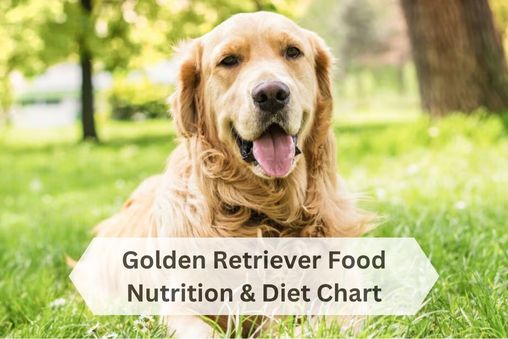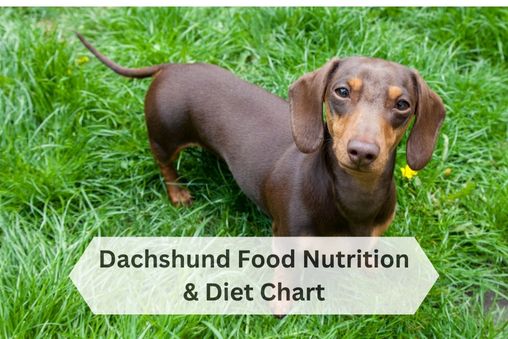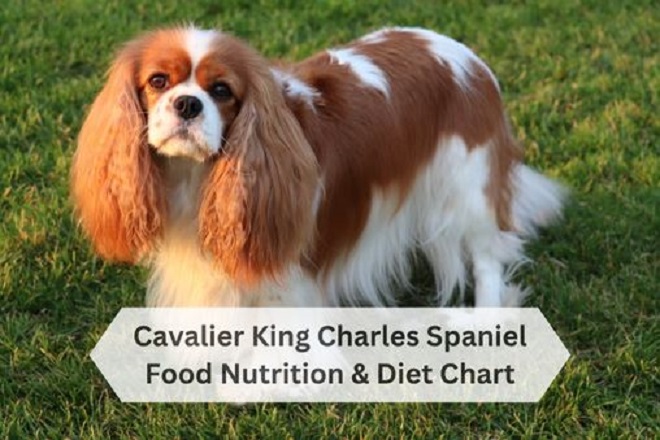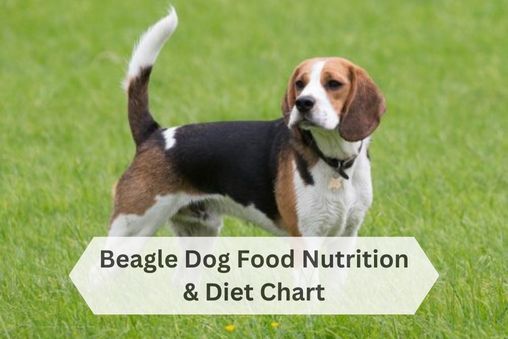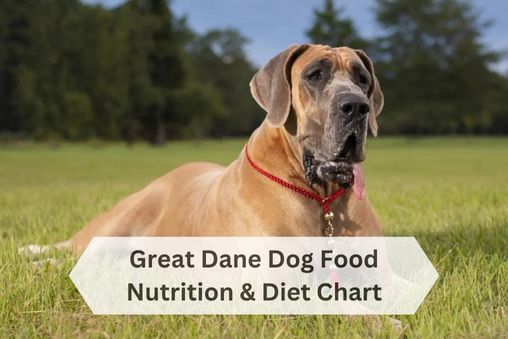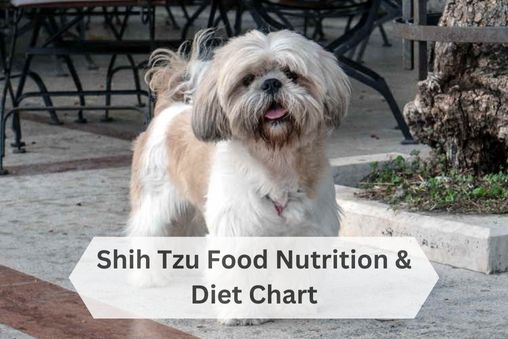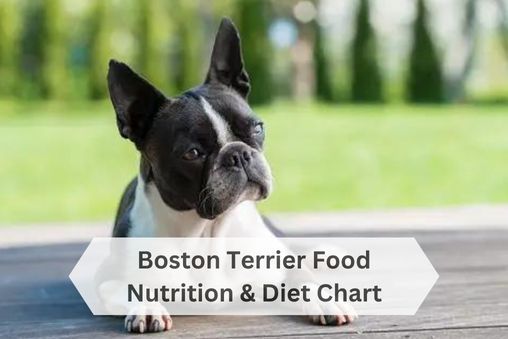Nutritional Needs of Golden Retrievers
Golden Retrievers are a popular breed known for their friendly and outgoing personalities. In order to keep your Golden Retriever healthy and happy, it is important to understand their specific nutritional needs.
Protein Requirements
Protein is an essential nutrient for all dogs, including Golden Retrievers. It is important for muscle development, tissue repair, and overall growth. When selecting a dog food for your Golden Retriever, make sure it contains a high-quality source of protein such as chicken, turkey, or fish.
Fat and Omega-3 Fatty Acids
Fat is another important component of a Golden Retriever’s diet. It provides a concentrated source of energy and helps maintain healthy skin and coat. Omega-3 fatty acids, in particular, are beneficial for Golden Retrievers as they can help reduce inflammation and support heart health. Look for dog foods that contain sources of healthy fats like salmon oil or flaxseed.
Carbohydrates and Fiber
Carbohydrates are a source of energy for dogs, but it is important to select complex carbohydrates such as whole grains and vegetables rather than simple carbohydrates like corn or wheat. Fiber is also important for digestion and can help regulate blood sugar levels. Look for dog foods that contain a balance of carbohydrates and fiber to support your Golden Retriever’s overall health.
Right Dog Food for Your Golden Retriever
Reading Dog Food Labels
One of the most important things you can do when selecting a dog food for your Golden Retriever is to carefully read and understand the ingredients listed on the label. Look for real meat as the first ingredient, as this will provide your dog with the essential protein they need to thrive. Avoid foods that contain artificial colors, flavors, and preservatives, as these can be harmful to your dog’s health in the long run.
Avoiding Harmful Ingredients
There are certain ingredients that you should always avoid when selecting a dog food for your Golden Retriever. These include fillers like corn, wheat, and soy, which offer little to no nutritional value and can be difficult for your dog to digest. Additionally, be cautious of foods that contain by-products, as these are often low-quality ingredients that may not provide your dog with the nutrients they need.
Consideration for Special Dietary Needs
If your Golden Retriever has special dietary needs or food sensitivities, it’s important to choose a dog food that is specifically tailored to address these issues. Look for foods that are grain-free or hypoallergenic if your dog has allergies or digestive issues. You may also want to consider consulting with your veterinarian to determine the best diet plan for your Golden Retriever’s unique needs.
Daily Diet Components
| Daily Diet Components | Sources | Portion | Daily Feeding Guide |
|---|---|---|---|
| Protein | Lean meats (chicken, turkey, beef, fish) | 25-30% of daily intake | Puppies: 3-4 meals/day, Adults: 2 meals/day, Senior Dogs: Adjust based on activity level and weight management |
| Carbohydrates | Whole grains (brown rice, oats, barley, sweet potatoes) | 50% of daily intake | Adjust portion size based on age and activity level |
| Healthy Fats | Fish oil, flaxseed oil, canola oil | 15-20% of daily intake | |
| Fruits and Vegetables | Dog-safe fruits and veggies (carrots, apples, blueberries, green beans) | 10-15% of daily intake |
This expanded table includes a section for the daily feeding guide, providing recommendations for the number of meals per day and portion size based on the dog’s age and activity level. You can further customize this table based on your Golden Retriever’s specific dietary needs and preferences.
Diet Chart for Your Golden Retriever
Crafting a personalized diet plan for your Golden Retriever is essential for ensuring their health and well-being. These friendly and energetic dogs have specific nutritional requirements that must be met to support their active lifestyle and maintain their ideal weight. Given customized diet charts specifically designed for Golden Retrievers, helping you provide them with the nutrients they need to thrive.
| Meal Time | Food | Portion | Nutrition (per serving) | Calories (per serving) |
|---|---|---|---|---|
| Morning | ||||
| Breakfast | High-quality large breed dry kibble | 3 cups | Protein: 40g, Fat: 15g, Carbs: 50g | 600 |
| Cooked lean beef or chicken (boneless) | 1 1/2 cups | Protein: 60g, Fat: 20g | 500 | |
| Steamed sweet potatoes or brown rice | 1 cup | Carbs: 40g, Fiber: 6g | 200 | |
| Afternoon | ||||
| Midday Snack | Sliced apples or carrots | Large handful | Fiber: 4g, Vitamin A: 5000 IU | 50 |
| Cottage cheese or plain yogurt | 1 cup | Protein: 20g, Calcium: 300mg | 200 | |
| Evening | ||||
| Dinner | Cooked salmon or turkey | 12 oz | Protein: 80g, Fat: 30g | 800 |
| Quinoa or barley | 1 1/2 cups | Carbs: 60g, Fiber: 10g | 300 | |
| Steamed broccoli or green beans | As desired | Fiber: 8g, Vitamins: A, C | 100 | |
| Bedtime | ||||
| Late Snack | Pumpkin or carrot puree | Small serving | Fiber: 5g, Vitamin A: 3000 IU | 50 |
| Natural almond butter (unsalted) | 2 tablespoons | Protein: 5g, Healthy fats: 10g | 100 |

